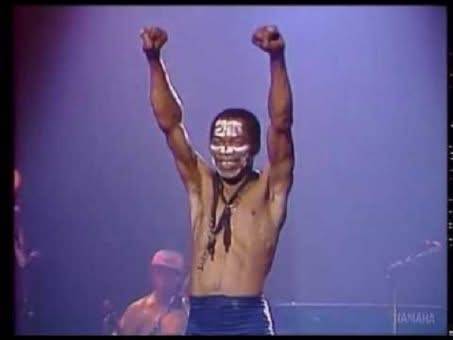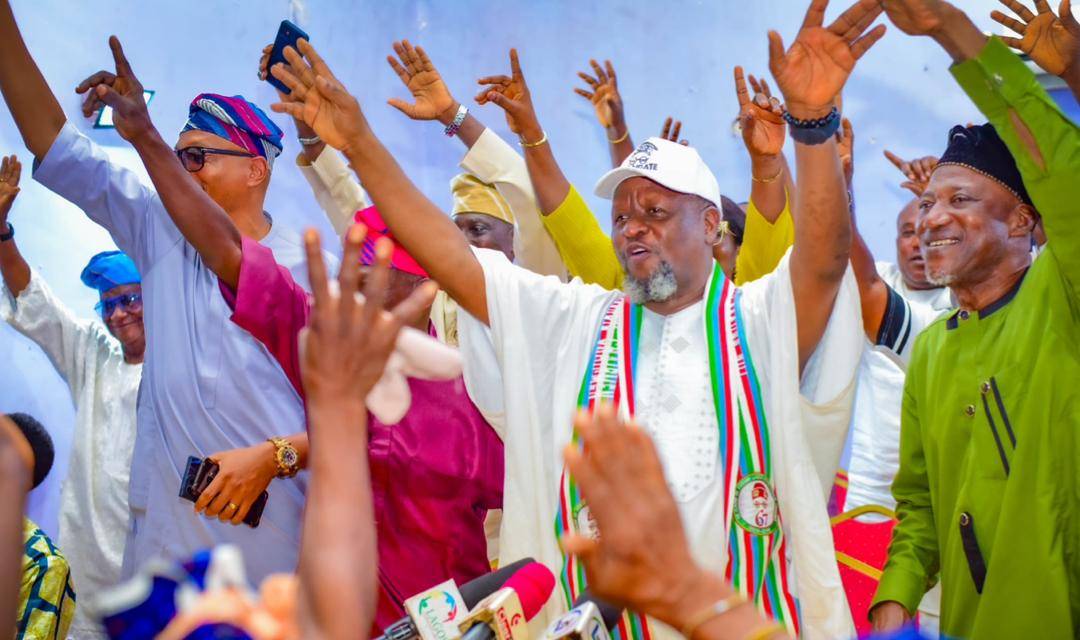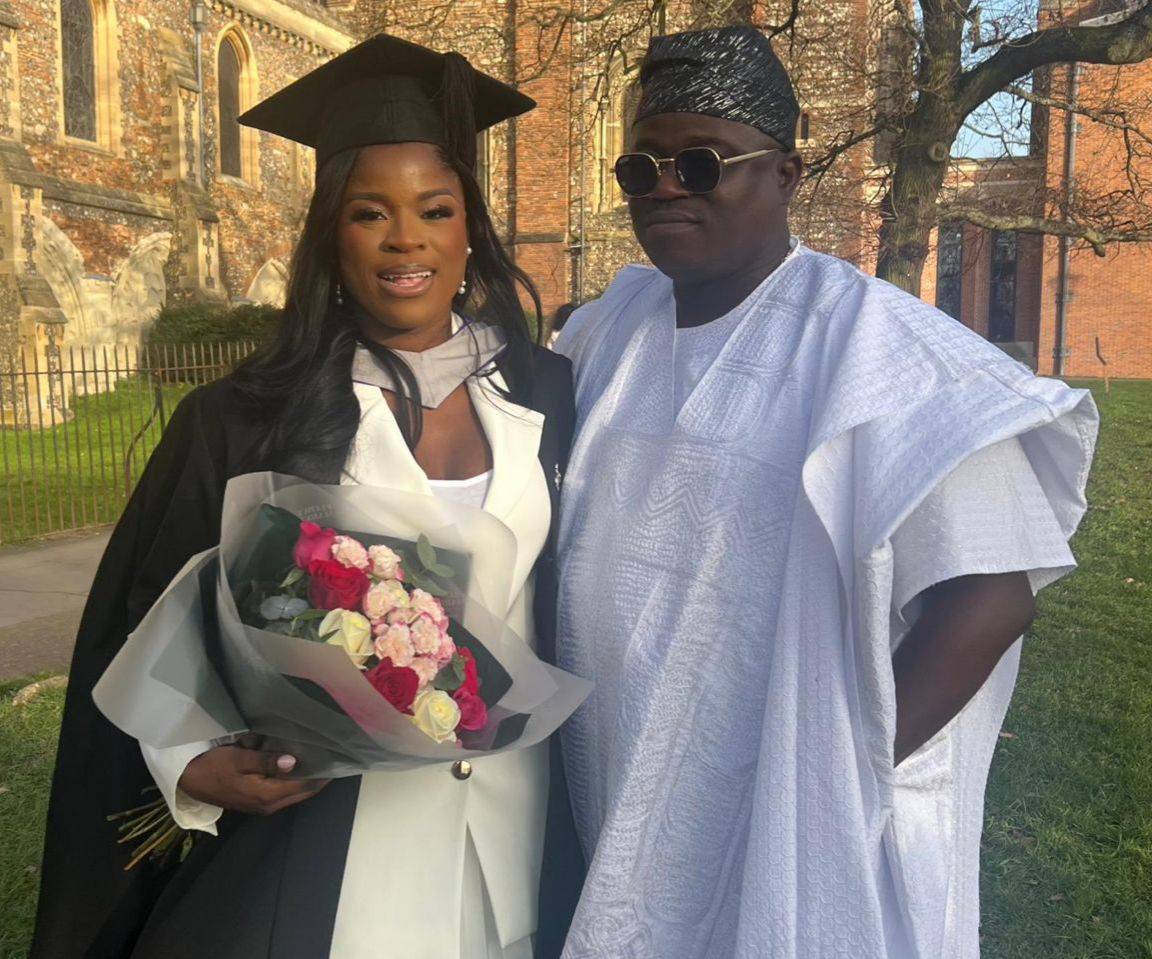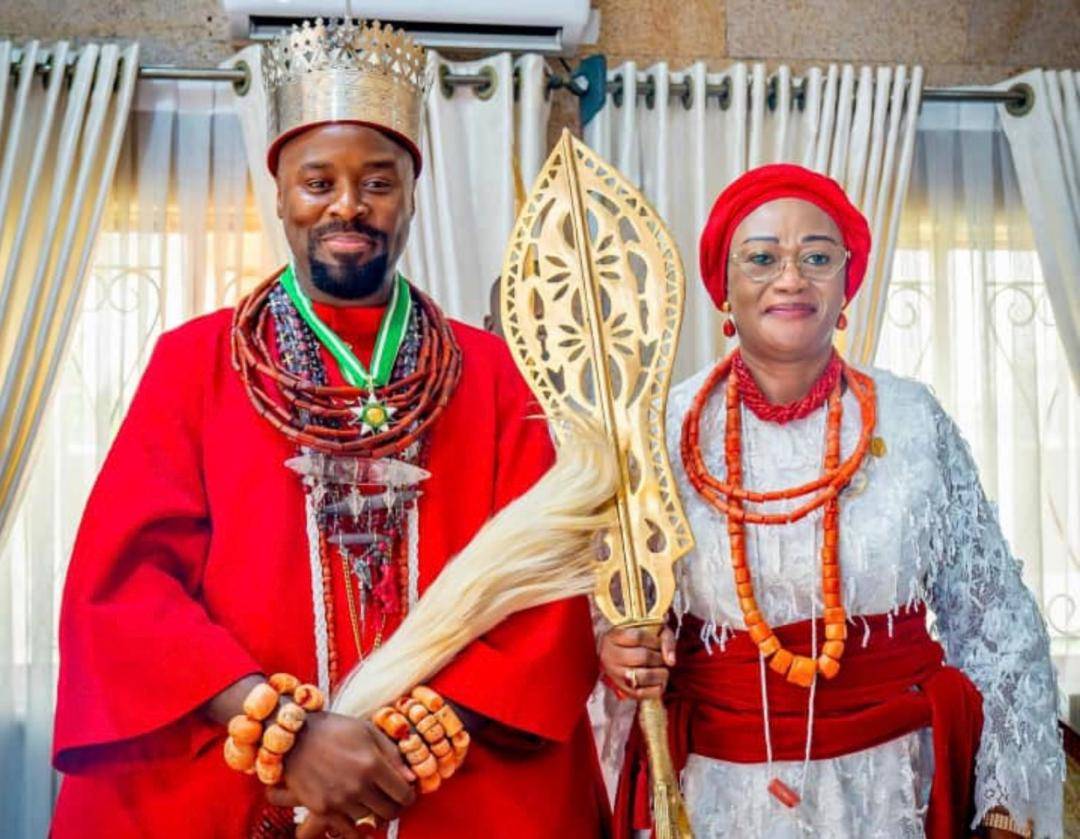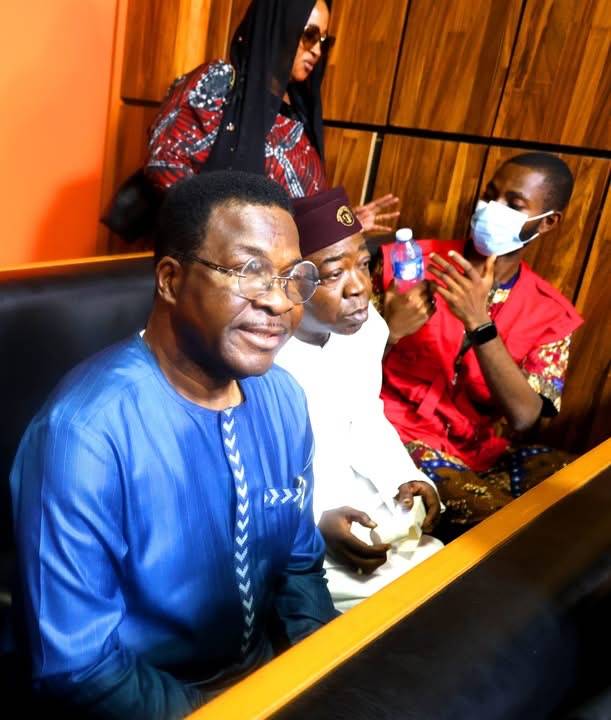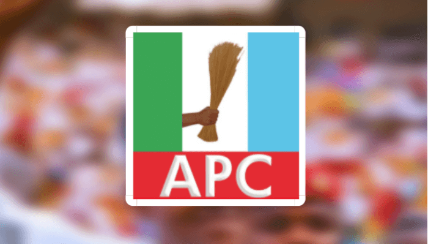By Palladium
Last week’s state visit to France by President Bola Tinubu was an unusual diplomatic engagement, the first after more than 20 years since a Nigerian leader, Olusegun Obasanjo, undertook that kind of visit. Its impact will be felt not only in Nigeria as business deals are hammered out by both countries, it will also reverberate across West Africa partly because of the strained diplomatic relations between France and the three Francophone West African countries of Mali, Burkina Faso, and Niger Republic. The visit is a logical progression from recent trade and diplomatic statistics between the two countries. Apart from being France’s leading trading partner in sub-Saharan Africa, Nigeria is now in pole position to exploit the vacuum created by the exit of the Francophone West African countries estranged from the French orbit.
Nigeria is hungry for capital and investments in high-tech. France has lost not only three Francophone West African countries, it has also lost its influence in Chad, where that country has ended decades-old defence cooperation, and lost Senegal which has also served notice to France to remove its base and troops. To complete the humiliation, Chad did not even bother to inform France ahead of its decision, and has signaled its preparedness to join Mali, Burkina Faso and Niger in the Russian orbit. Since last year, Russia has been replacing the departing French forces in the region, and is helping the West African countries, which severed relationship with ECOWAS last year, to fight hardened jihadist insurgents in the Sahel. President Tinubu’s state visit to France is coming hard on the heels of that major shift in West Africa’s diplomatic tectonic plates.
But President Tinubu will have to manage his country’s proposed deepened relations with France with more finesse than he managed the coups d’etat in the three Francophone countries. France’s reputation for financial exploitation, if not expropriation, of its former West African colonies has inspired the hostility of many Africans. Already, on social media, there were unfounded rumours of France seeking to establish a military base in Nigeria after being kicked out of its three former colonies. With the number now rising to five where France has lost its foothold, some had feared that France would desperately seek a replacement. Since the abrogation of the Anglo-Nigerian Defence Agreement of 1958-1962, Nigeria has not countenanced any foreign military base on its soil in any form. Inviting France to site a base in Nigeria is obviously not in consideration.
There are no indications at all that France has any stated or unwritten intention to site a military base in Nigeria. On the contrary, given the buffeting the Nigerian economy has received from domestic mismanagement, what is uppermost in the minds of Nigerian leaders is deepened and mutually beneficial economic relationships in diverse fields including agriculture, mining, trade, technology, cultural exchange, and other kinds of investments. Indications coming from the Franco-Nigerian Business Council are that many profitable business deals are being finalised.
President Tinubu is right not to toe the line of the five countries estranged from France. Nigeria does not have the unpleasant experience referenced by the Francophone West African countries which soured their relations with France. Instead, it is embracing a different paradigm pursued by other countries including China since 1978, Singapore, Malaysia, Japan, South Korea, Turkey, and even long before them, Russia under Catherine the Great. Nigeria, like these other countries, needs Western technology and business practices to develop its domestic technical capacity and drive output and growth. If other countries could absorb what they need from foreign investors without compromising their cultures and political systems, Nigeria should find out how they balanced their sometimes competing and conflicting needs.
The state visit to France may also have been influenced by the personal relationship between Presidents Tinubu and Macron, a relationship that dates back to 2002 when the French leader worked as an intern in the French Embassy in Lagos and President Tinubu was Lagos State governor. Such a relationship generally conduces to trust and confidence in hammering out sweetheart business deals between two countries. The United States and Britain had that special relationship for decades, even though it may currently be fraying at the edges; and China and North Korea have enjoyed it for decades since Kim Il-sung took power in North Korea, among many others. If Presidents Tinubu and Macron could lay the basis for a mutually beneficial and paradigm-shifting relationship, the two countries, particularly Nigeria, could yet sing a new song in years to come. They must not allow the sour relations between France and the four Francophone West African countries and Chad dictate the tone and tenor of a newfound cultural and economically beneficial friendship. Nigeria must not inherit or be influenced by anybody’s grudges.
More importantly, Nigeria must be clear about what it wants, what should be the objectives of the new relations with France, and why it needs to contextualise that relationship within the ECOWAS scheme of things. Since the debacle of managing the military takeovers in Mali and others, Nigeria has seemed to lack surefootedness in its diplomatic dealings in West Africa. Being paralysed or somnolent is counterproductive. From the responses of Senegal and Chad, the sub-region and parts of Central Africa, are unlikely to remain the same. Nigeria should urgently rally the remnants left, find common grounds and common purposes, and inspire a new West Africa in all areas of human, economic and diplomatic cooperation. Mali and others are tired of anyone pricking their consciences. They prefer relations with amoral states disinterested in lecturing them on democracy, human rights, systems of government, or even corruption. Good for them. But for the rest of West Africa, which should be the example for the continent as a whole, it is important to create a region that is both ethically and economically vibrant. If President Tinubu manages to walk the tightrope of the deepened relations with France, he will be inspiring the remaking of a region blighted by poverty, bad governance and instability.
Culled from The Nation




